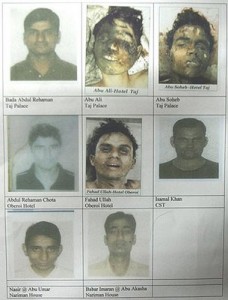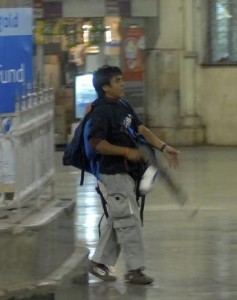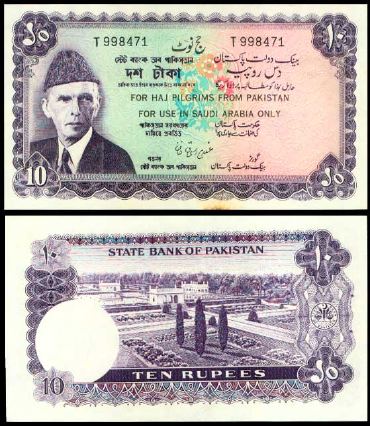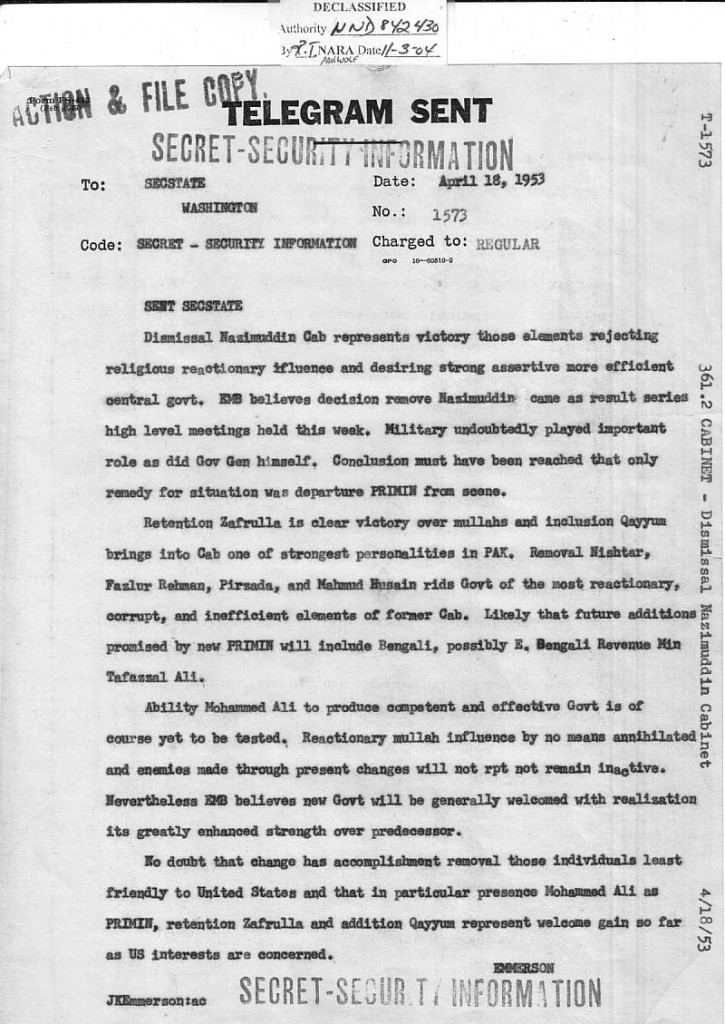Today we mark the one year anniversary of the darkest day in South Asia’s history. On November 26, 2008, ten misguided young men who were being controlled by a command center in Pakistan reached Mumbai in a small fishing boat. Before entering the shores of Mumbai these terrorists had already killed the captain and crew of the boat.
 HBO today televised a documentary narrated by Fareed Zakaria, a Mumbai born American journalist. ‘Terror in Mumbai.’ an extremely informative documentary compresses three days of mayhem – three days when ten Pakistani young men who had mobile phones and machine guns killed 170 people and wounded 300 more, sending shockwaves of fear around the world. I was horrified watching this 360-degree view of the terrorist act, recounted in harrowing detail – especially because these young men came from a country, I call my own.
HBO today televised a documentary narrated by Fareed Zakaria, a Mumbai born American journalist. ‘Terror in Mumbai.’ an extremely informative documentary compresses three days of mayhem – three days when ten Pakistani young men who had mobile phones and machine guns killed 170 people and wounded 300 more, sending shockwaves of fear around the world. I was horrified watching this 360-degree view of the terrorist act, recounted in harrowing detail – especially because these young men came from a country, I call my own.
Phone calls intercepted and recorded between these men sent on ‘jihad’ and their commander in Pakistan were heart wrenching. And, so was statement of Kasab, the only gunman who survived. As this documentary depicted, these young Pakistan men received instructions over the telephone, leaving a trail of evidence that led Indian investigators to the Pakistan-based Lashkar-e-Taiba (LeT), a group fighting Indian rule in the disputed region of Kashmir. Pakistan’s military and ISI were also accused of backing the militants, a charge Islamabad has denied. New Delhi named 38 people in an 11,000-page charge sheet filed in a Mumbai court in February.
 At some level I feel sorry for these lost souls- poverty stricken, uneducated young men who were fooled by conniving leaders of LeT and other fundamentalist organizations, However, I have no sympathies for their leaders- whomsoever they maybe. These characters have eroded the Pakistani society and have pushed us in a state of profound crisis.
At some level I feel sorry for these lost souls- poverty stricken, uneducated young men who were fooled by conniving leaders of LeT and other fundamentalist organizations, However, I have no sympathies for their leaders- whomsoever they maybe. These characters have eroded the Pakistani society and have pushed us in a state of profound crisis.
I can’t forgive them because these morally corrupt LeT leaders have pushed us in a crisis that is complex, and multi-dimensional with facets that touch every aspect of our lives: our health and livelihood, the quality of our environment and our social relationships, our ideology, economy, and politics. It is a crisis of intellectual, moral, and spiritual dimensions; a crisis of a scale and urgency unprecedented in Pakistan’s 63 year history..
As a Pakistani, I stand today with my head down – embarrassed that my country has been hijacked by illiterate and irrational people – from self styled clergy to the army. These men will do anything they can to pursue their fantasy. Even if that means hoodwinking simple, young Pakistani men and murdering of innocent civilians on both sides of Indo-Pak border.
Undoubtedly, India is a belligerent regional hegemony and we must protect Pakistan’s sovereignty, independence and dignity. But these wayward leaders who exploit religion and patriotism have managed to drown the voices of reason and rationality. With Petro dollars supported tribal and Wahabi influence Pakistan’s social structures and behavior patterns have become so rigid that this country can no longer adapt to changing situations, it is unable to carry on the creative process of cultural evolution.
Read response to my earlier blogs and you will find an eerie uniformity of opinion. Even those who are tolerant, progressive, democratic are willing to condone terrorists in the name of Islam and nation. This uniformity and lack of self-reflection are clear signs that our society is in the process of disintegration.
As I watched this documentary I was reminded of acts of terrorism Pakistanis witness everyday- every Pakistani is a victim. Unless Pakistan’s progressive and democratic forces are willing to take on the retrogressive elements we will concede our right to opinion, education and way of life. Fundamentalists will prohibit freedom of expression and use all coercive apparatus to crush opposition. Education will be discouraged and whatever little is allowed, will be subverted by distortion of curricula. You can argue what is new- it has always been the case? It is the intensity that will change. We are not talking about FATA or NWFP or the tribal areas. This monster is already in cosmopolitan cities like Karachi and Lahore.
I was horrified to hear the Punjabi accent of those controlling these 10 terrorists. I was horrified when these young men were ordered to shoot hostages- I can’t express my anger and fear.
We, the Pakistani people should seek forgiveness from the families of those who lost loved ones in Mumbai. We should let the people of Mumbai know that we are just as much a victim. We should let them know that we don’t condone these acts of violence.
We, the Pakistani people should let our rulers know that they can’t indulge in adventurism like LeT anymore. We should let ISI and MI know that we will not pay their salary if they do not immediately cease all relations with all terrorist outfits









 HBO today televised a documentary narrated by Fareed Zakaria, a Mumbai born American journalist. ‘Terror in Mumbai.’ an extremely informative documentary compresses three days of mayhem – three days when ten Pakistani young men who had mobile phones and machine guns killed 170 people and wounded 300 more, sending shockwaves of fear around the world. I was horrified watching this 360-degree view of the terrorist act, recounted in harrowing detail – especially because these young men came from a country, I call my own.
HBO today televised a documentary narrated by Fareed Zakaria, a Mumbai born American journalist. ‘Terror in Mumbai.’ an extremely informative documentary compresses three days of mayhem – three days when ten Pakistani young men who had mobile phones and machine guns killed 170 people and wounded 300 more, sending shockwaves of fear around the world. I was horrified watching this 360-degree view of the terrorist act, recounted in harrowing detail – especially because these young men came from a country, I call my own. At some level I feel sorry for these lost souls- poverty stricken, uneducated young men who were fooled by conniving leaders of LeT and other fundamentalist organizations, However, I have no sympathies for their leaders- whomsoever they maybe. These characters have eroded the Pakistani society and have pushed us in a state of profound crisis.
At some level I feel sorry for these lost souls- poverty stricken, uneducated young men who were fooled by conniving leaders of LeT and other fundamentalist organizations, However, I have no sympathies for their leaders- whomsoever they maybe. These characters have eroded the Pakistani society and have pushed us in a state of profound crisis.





